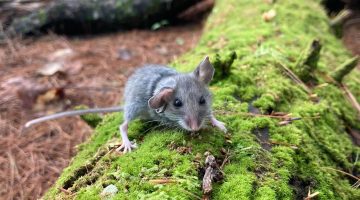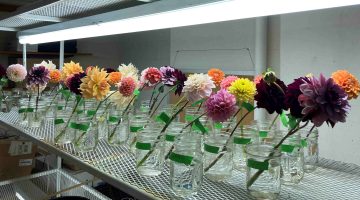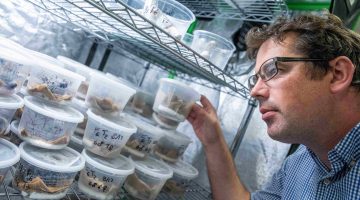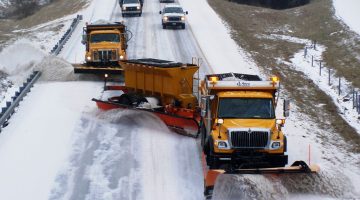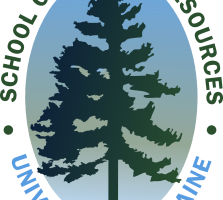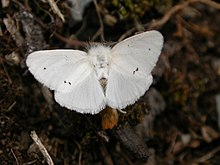NYT profiles work of conservation biologist Charney
May 24, 2024 Noah Charney, an assistant professor of conservation biology at the University of Maine, was featured in a profile by the New York Times for his work on understanding and interacting with landscapes. Charney practices reading the land around him — its past, present, potential for the future by picking up on patterns […]
Read more

